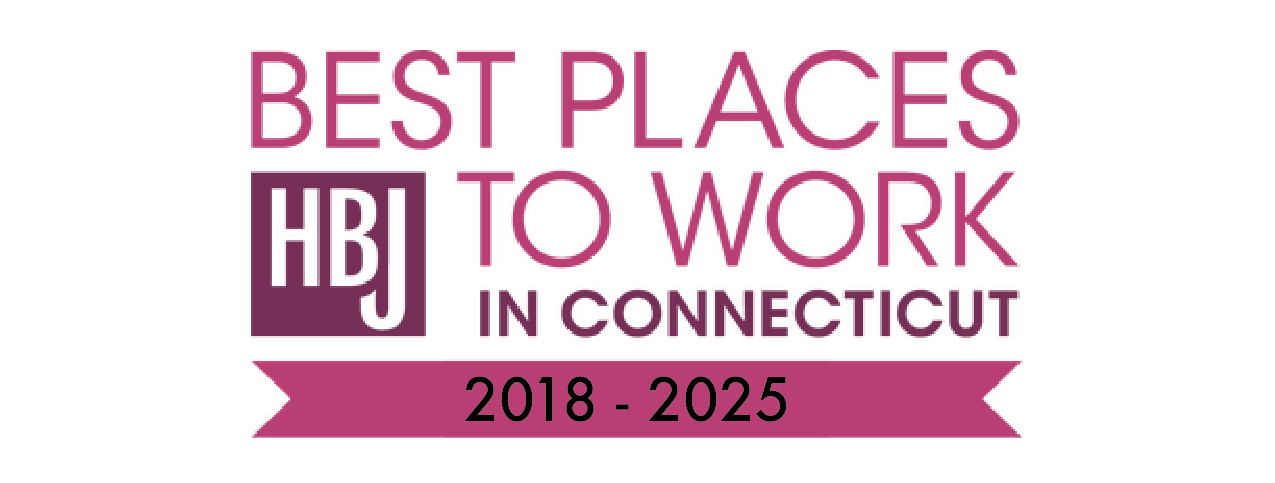Migrating to the Cloud: A Buyers’ Guide
Migrating your business entirely to the cloud may or may not be a good choice depending on your specific circumstances. Within the next couple of years, all small businesses will find themselves at the crossroad of deciding whether to maintain an on-premise server infrastructure or to migrate entirely to the cloud. Many factors must be considered to make a well-educated decision. Among these factors are understanding the cloud options which are available, understanding some pros and cons for each option and understanding the key elements surrounding this decision.
The three main Cloud Services
available are SaaS, Public Cloud and Co-Location.
Each of these have their own pros and cons.
SaaS (Software-as-a-Service)
In the SaaS model, an application vendor will host the application with your data in their datacenters. The application vendor will provide all IT management including handling application upgrades, updates and data backups. An example of a SaaS application is Quickbooks Online.
Pros:
SaaS is the ideal cloud option. With SaaS, you’re paying your application vendor to handle the IT management for you. Additionally, application vendors offering their products in a SaaS model commonly utilize highly secure Tier 3 and Tier 4 datacenters and comply with many IT security standards.
Cons: Cost is the key deterrent for small businesses moving all of their applications into a SaaS model. Oftentimes, a vendor’s licensing fees will be double for the online version of their products.
Public Cloud
In the public cloud model, a vendor will operate a datacenter and your business will be renting their server resources to host your applications and data. Examples of public clouds include Microsoft Azure and Amazon Web Services (AWS).
Pros:
The public clouds are optimal for businesses needing a highly-scalable datacenter. If your business is growing rapidly or you experience a peak season each year, you’ll have an infinite amount of server hardware resources available. You no longer need to worry about purchasing hardware and you’ll only pay for the amount of server resources you consume during any given month.
Cons:
The majority of your company’s IT Management responsibilities will remain. Public cloud providers simply provide the datacenters and server infrastructure. Your IT department will still be responsible for setting up virtual machines, configuring your network, protecting your data and managing your applications.
Co-Location
In the co-location model, a vendor will lease space within its datacenter to you. You will place your physical infrastructure/systems in the datacenter and you will be responsible for maintaining your infrastructure.
Pros:
The co-location model is ideal for small businesses looking to maintain entire control of their infrastructure, but lack a secured/temperature-controlled datacenter within their office. Also, businesses who are looking to improve their disaster recovery posture can host servers in their location and then have that data replicating to servers residing in a co-location datacenter.
Cons:
The majority of your IT Management responsibilities will remain and you’ll be responsible for purchasing physical hardware/systems licensing. Additionally, you’ll have to travel to the co-location datacenter when onsite maintenance is required.
Buying Criteria – Key Elements to Consider
What is your tolerance for downtime?
- When the internet goes down, your employees won’t be able to access your applications in the cloud. When the applications are hosted on premise, you’ll still be able to access your applications when the internet goes down, assuming your office still has power.
Internet Speed
- Be sure you have enough bandwidth to cover the additional upload/download traffic.
Cost-Analysis
- Items to consider when conducting a cost-analysis of cloud vs on-premise:
- Cloud Licensing = higher OPEX, On-premise hardware/licensing = Higher CAPEX
- What are the total savings in IT Management time/spend?
Elastic Growth Patterns
- The cloud is ideal for businesses who experience sudden spikes in workloads (ex: seasonal businesses) or are growing rapidly.
IT Security
- While most cloud datacenters are highly secure, it’s more difficult enforcing IT security governance in the cloud (ex: NIST Compliance/HIPAA Compliance).
The Walker Group can help your business evaluate the cloud and develop a long-term technology strategy.
Contact Us Today To Learn More
written by:
Brendan Kelly
Brendan Kelly is a Business Alliance Manager focused on building partnerships with technology companies that can help The Walker Group’s clients increase efficiencies, reduce operating expenses and mitigate IT security risks. Prior to assuming the Business Alliance Manager role at Walker, Brendan spent 10+ years in new business sales and account management roles while working for both software and service providers.
WE ARE PROUD TO BE
More Recent News

This month's employee spotlight is shining on one of our Network Specialists; Javier! Always a bright spot in anyones day, Javier is a valued member of our team whose hard work and collaborative spirit do not go unnoticed. We’re grateful for the energy, care, and consistency that he has brought to this company for six years!

WHERE PURPOSE MEETS IMPACT We are excited to release our 2025 Impact Report , a look at how our social enterprise model is empowering the community, supporting our clients, and investing in our team. As a Perpetual Purpose Trust, we’re committed to proving that purpose-driven business can lead the way. Thank you to the people and partnerships that make it all possible.

We’re thrilled to shine this month’s employee spotlight on Patrick Burke , who was recently promoted to OnCall Supervisor ! Patrick has been an essential part of The Walker Group Help Desk team for the past three years, offering reliability and flexibility to the team all while elevating the level care given to our clients. This promotion is a well-earned milestone and a reflection of Patrick’s hard work, leadership, and dedication to supporting both our clients and his teammates. To celebrate, we sat down with him to learn more about life outside the office, what inspires him in his work, and what he enjoys most about being part of the ever-evolving world of IT. Meet Patrick!





